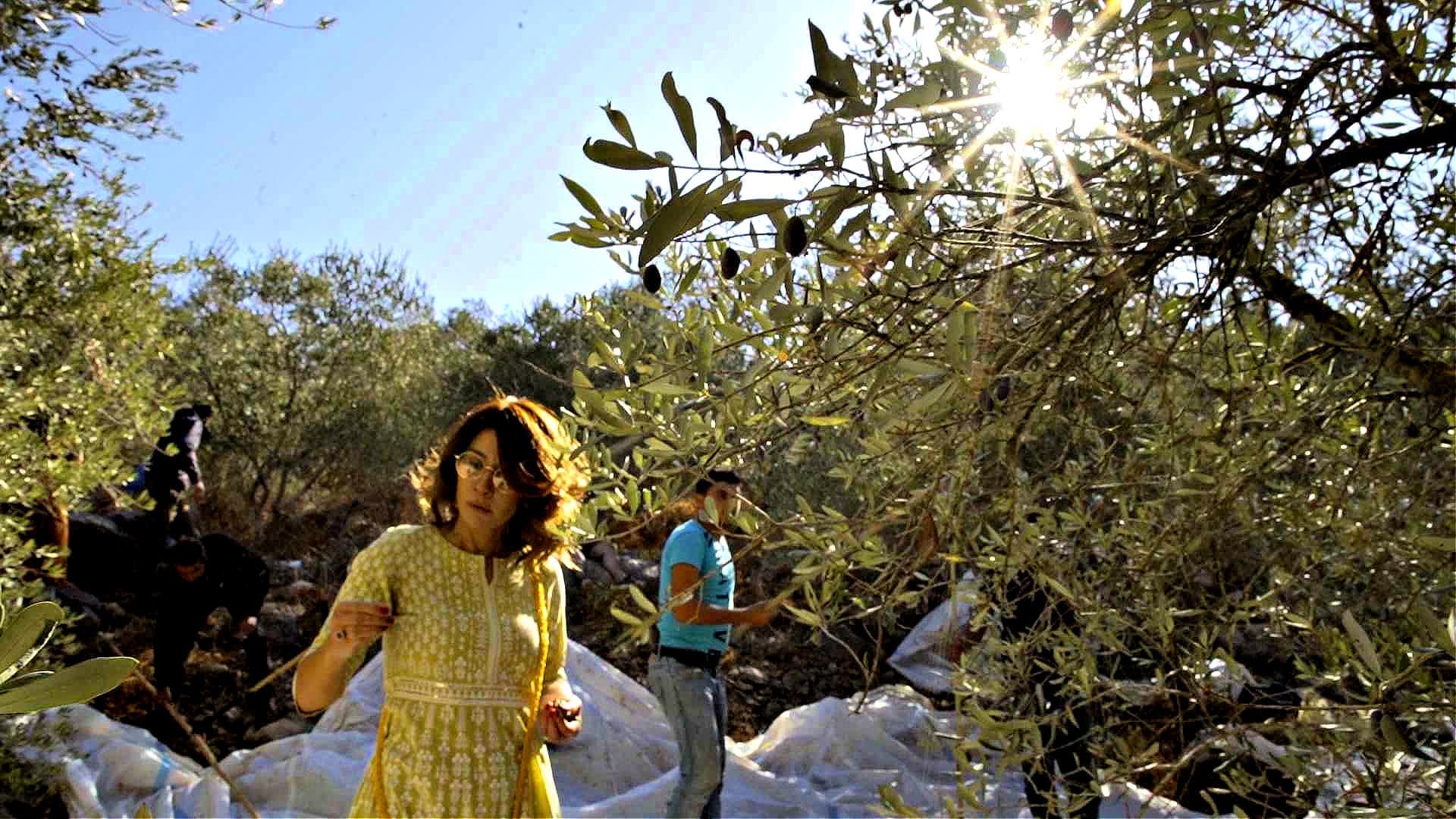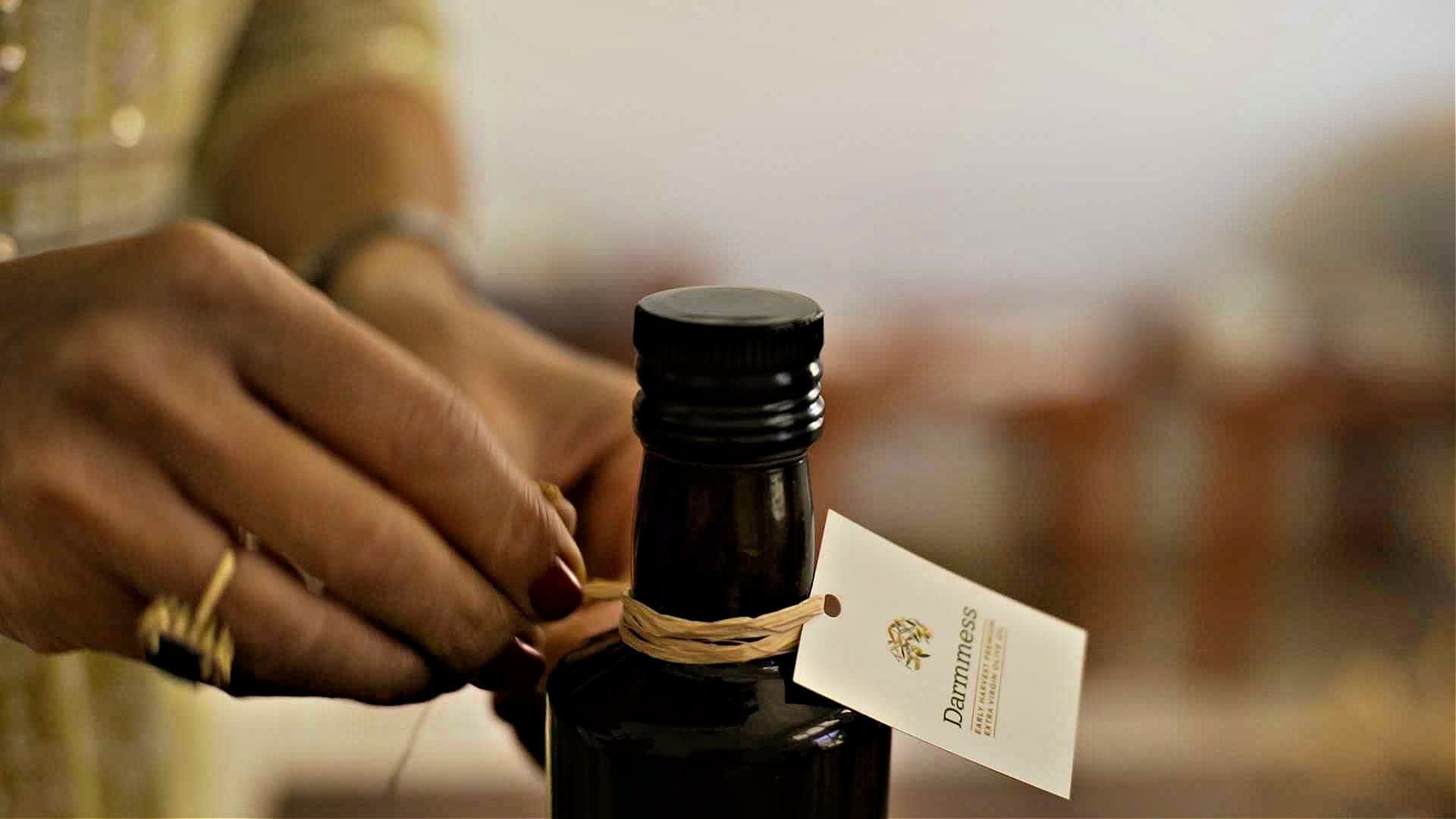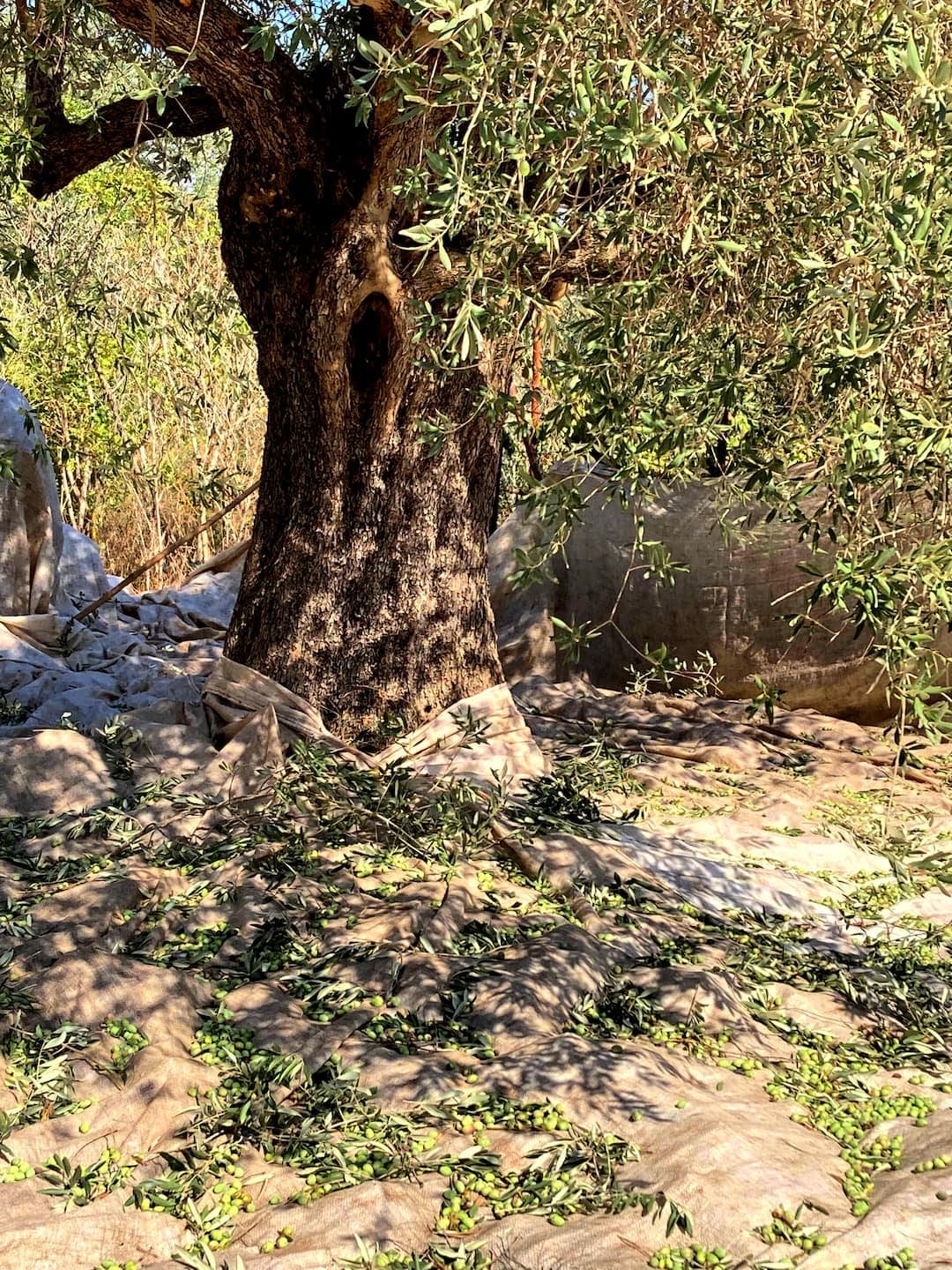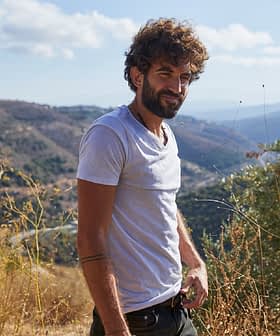Olive Oil Production in Lebanon Becomes Nearly Impossible as Crises Deepen
Local olive oil has become a luxury for most of the population amid financial and political turmoil.
 Rose Bechara Perini
Rose Bechara Perini  5.1K reads
5.1K readsLebanon is facing an unprecedented financial crisis that has severely impacted the country’s institutions, banks, and agricultural sectors, particularly olive oil production. The crisis has led to skyrocketing prices, inflation, and a lack of essential services, with the agriculture sector struggling to survive amidst drought, rising costs, and a devalued currency. Despite the challenges, local farmers in Deir Mimas are working to boost exports and revive the local economy through high-quality olive oil production.
“It is a whole country which has gone default. Its institutions, its banks. It is not just a financial crisis, it’s all unprecedented,” said Rose Bechara Perini, founder at Darmmess Sarl, producer of extra virgin olive oils in Deir Mimas, Lebanon.
The country, considered the cradle of the olive tree, for the last two years has been gripped by a financial crisis spiral that has now greatly accelerated, enveloping its central bank, government and local institutions.
It has swallowed bank deposits and dried up government support for a host of essential activities including sanitary services, schools and farming.
Electricity in the country is often unavailable. Teachers strike for better salaries. Bakeries cannot ensure bread production. And many resort to once protected ancient forests for wood to make it through the winter since fuel has become far too expensive for the average citizen.
“Lebanese olive oil used to be competitive on the international markets. But now [fuel costs] and the halt to many agricultural funds are pushing those prices up four or five times when compared to 2020,” Bechara Perini told Olive Oil Times. “That also means that it has become a luxury to buy olive oil in the country for those who are most hit by the crisis.”
The local Al Akhbar paper was asked by one of its readers, “We used to buy a tin of olive oil for 150,000 pounds, and it was not enough for our family. How could we afford one now that it costs 2 million pounds? How could we, when a whole salary is not enough to fill the car’s fuel tank?”

Rose Bechara Perini, founder at Darmmess Sarl
With a public debt skyrocketing to 495 percent of the gross national product and the national currency devalued by 95 percent in the last two years, government and banks cannot agree on a common strategy to emerge from the worst crisis since the end of the civil war in 1990.
According to the Central Bureau of Statistics, inflation in December 2021 peaked at an unprecedented 224.39 percent.
The many Lebanon allies in the region that heavily invested in the country after 1990, are now reconsidering their positions as the political crisis deepens.
In the next few days, Beirut will start virtual talks with the International Monetary Fund to seek help. Still, the eventual $69 billion in financial support hailed by the government will be tied to harsh reforms in a country facing rising social tensions.
The financial default significantly hit agricultural sectors, to the point that some left the market entirely. Farmers suffer from a long drought, a shrinking water supply, and intermittent electricity. Some could not take care of their crops, nor sell them.
“Olive farmers were hit as well since the ones who are good at growing olives might not be that good at selling them abroad when internal conditions change so fast and deeply,” noted Bechara Perini.
Challenges faced by olive growers this season include an olive fruit fly infestation and severe drought now menacing their yields. Long-anticipated relief is yet to be enacted while costs rise, such as those of fuel and packaging.
“We do not even yet have a unified olive oil price for the season. And while new problems arise on a daily basis, costs are soaring. Locally we have the trees, but anything else has a price tag in U.S. dollars, from the fertilizers to the containers, from fuel to farming machinery and so on,” warned Nassim Raji Al-Maalouf, a local olive oil producer.
While incentives and funds to agriculture have gone awry, people in Deir Mimas village are nevertheless working to boost exports and bring in highly valued foreign currency.

“If there is something that we are good at, it is agriculture. We have such a high quality extra virgin olive oil that if it was better known throughout the world, it could contribute to reviving the local economy,” Bechara Perini said. “Our EVOOs are as special as our millennia-old trees.”
According to the Public Investment Promotion Agency (IDAL), in 2019 Lebanon agri-food exports reached $434 million, accounting for 12.4 percent of all Lebanese exports. Olive oil exports grew eleven percent in the 2010 – 2019 period.
Lebanon olive farming is considered a key sector for the economy. According to Ministry of Agriculture data, olive orchards cover around 62,000 hectares, or 23 percent of the total agricultural surface.
Among beautiful hills dotted by hundreds of thousands of olive trees, Bechara Perini’s village farmers continue to operate against all odds.
“It is part of our culture. Everyone in Lebanon, from north to south, from fathers to sons, have been growing olives, for thousands of years. Here the climate is ideal for the growth of the trees and their health, and both positively affect the quality of the final product,” she told us.
Bechara Perini buys fruit from many of Deir Mimas’ olive farmers for her Darmmess organic monovarietal extra virgin olive oil.
“It is a social enterprise, as it all comes from here. We work hand in hand, helping them to practice organic agriculture at its best. We provide them with technical assistance for their olive trees all year long and we commit to buying the early harvest,” noted the Darmmess founder.

There are a series of farming conditions that growers follow in order to contribute to Darmmess. The olives of a large portion of Deir Mimas 130,000 trees get sorted, processed, filtered and bottled within a maximum of 24 hours from the harvest.
The trees in the area are 600 years old on average, but some reach two millennia, “living witnesses of human farming,” as locals here say.
The olive cultivar is the Souri variety, considered to be among the earliest to be grown by mankind. Known in the region under many names, including Nabala and Roman, Souri is common in Lebanon, Israel, the West Bank, Gaza Strip and Jordan. It is considered highly resilient to drought and it is highly praised for its yields and the unique fruity flavors of its oil.
“Darmmess extra virgin olive oil is a high-end product that allows us to financially support our farmers and give them new reasons to challenge the difficult times. It allows us to promote the country’s periphery with a business model that can be duplicated elsewhere. We are actually promoting a small village on a global scale,” noted Bechara Perini.
She told Olive Oil Times how University of Athens scholars have examined Darmmess and found that it sported 620 milligrams of polyphenols per liter. “That is way more than standard EVOOs,” noted Bechara Perini, “and a milestone for Lebanon.”
The success of Darmmess is critical for the care of ancient trees and sustaining the region’s biodiversity. “Our farmers get more engaged with nature and, in such a crisis, they are still motivated to take care of the trees,” added the Lebanese entrepreneur.
As our conversation wrapped up, news agencies around the world announced the stepping down of Saad Hariri, former prime minister and one of the most important politicians in the country for decades — a development that observers warn could spur more political turbulence.
“That is the situation, but Lebanese are very resilient people,” Bechara Perini assured. “We will always fight for our rights. I can not recall a time this country has ever lived in peace.
“As a comedian once said: Lebanon is a country so small it almost does not appear on the maps of the world, so where do all these problems come from? We have learned to be resilient. And to produce excellent extra virgin olive oil,” concluded Bechara Perini.
Share this article


